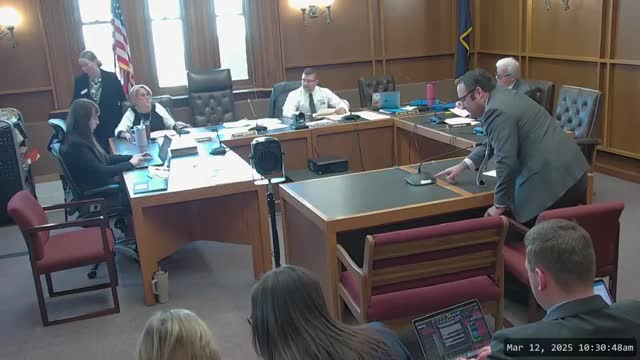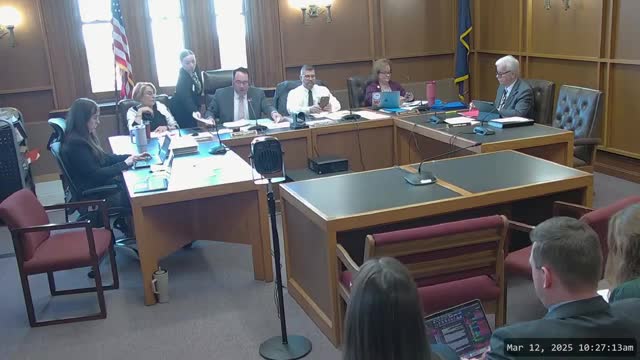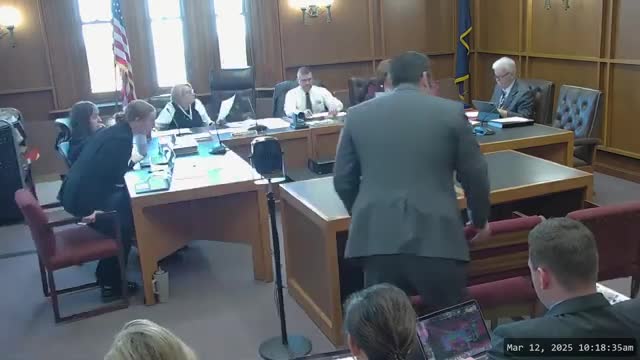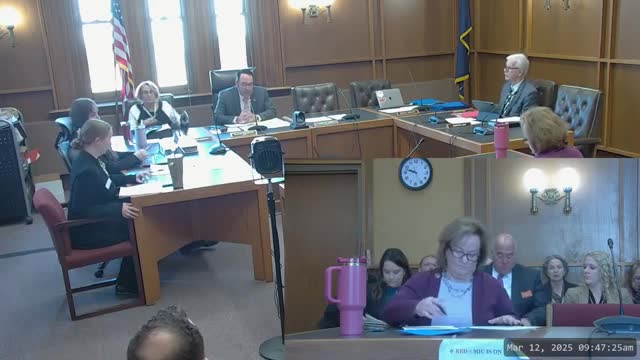Article not found
This article is no longer available. But don't worry—we've gathered other articles that discuss the same topic.

Committee hears bill to let pharmacies refuse prescriptions reimbursed below acquisition cost

Committee reviews technical fix to controlled-substance inventory timing

Committee advances bill allowing pharmacists to administer certain controlled medications and receive separate reimbursement for administration

